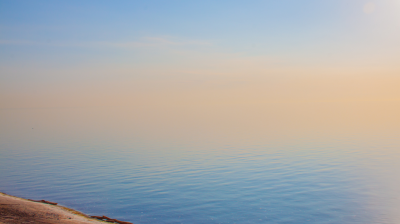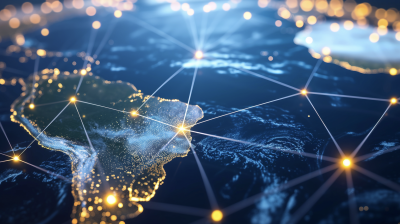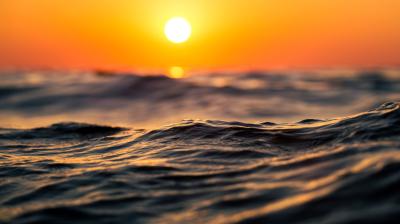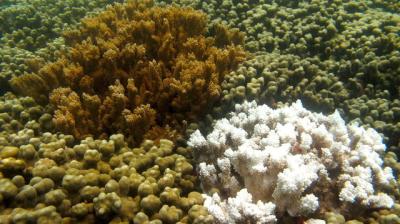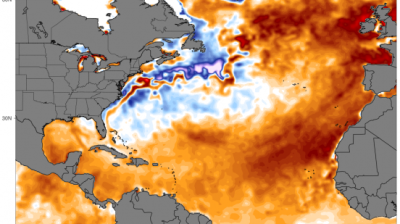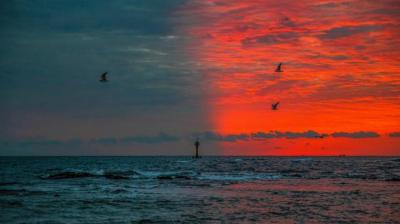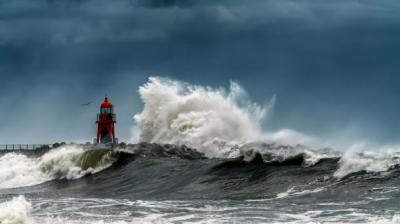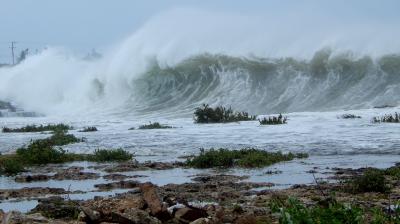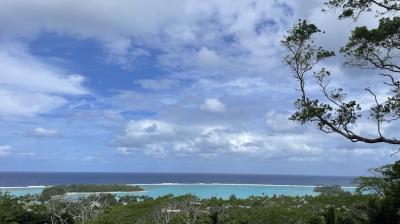South America Regional Association elects officers, prioritizes ocean
A virtual session of WMO Regional Association III took place from November 25-27, with the participation of 127 people. Yolanda Gonzalez Hernandez, Permanent Representative of Colombia, and Raul Rodas Franco, Permanent Representative of Paraguay, were elected respectively president and vice president of RA-III. A special side event was held on the ocean.
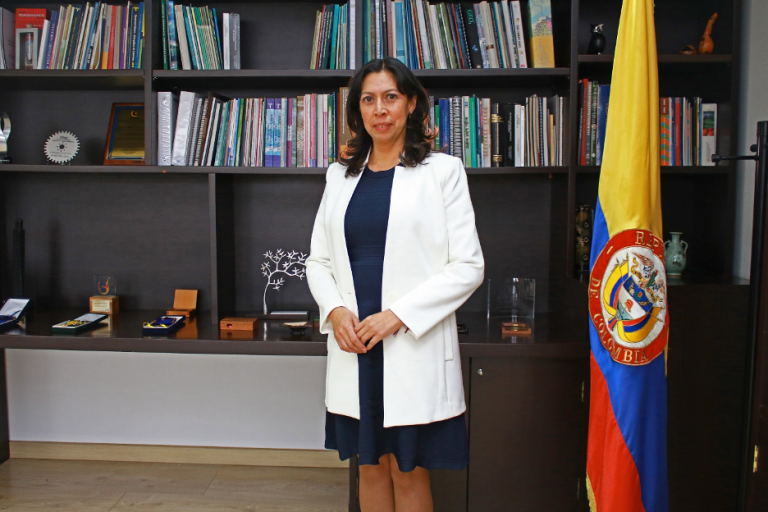
A virtual session of WMO Regional Association III took place from November 25-27, with the participation of 127 people. Yolanda Gonzalez Hernandez, Permanent Representative of Colombia, and Raul Rodas Franco, Permanent Representative of Paraguay, were elected respectively president and vice president of RA-III.
Representatives of 11 Member countries made important decisions and resolutions related to the implementation of WMO reform in the region. Particularly important was 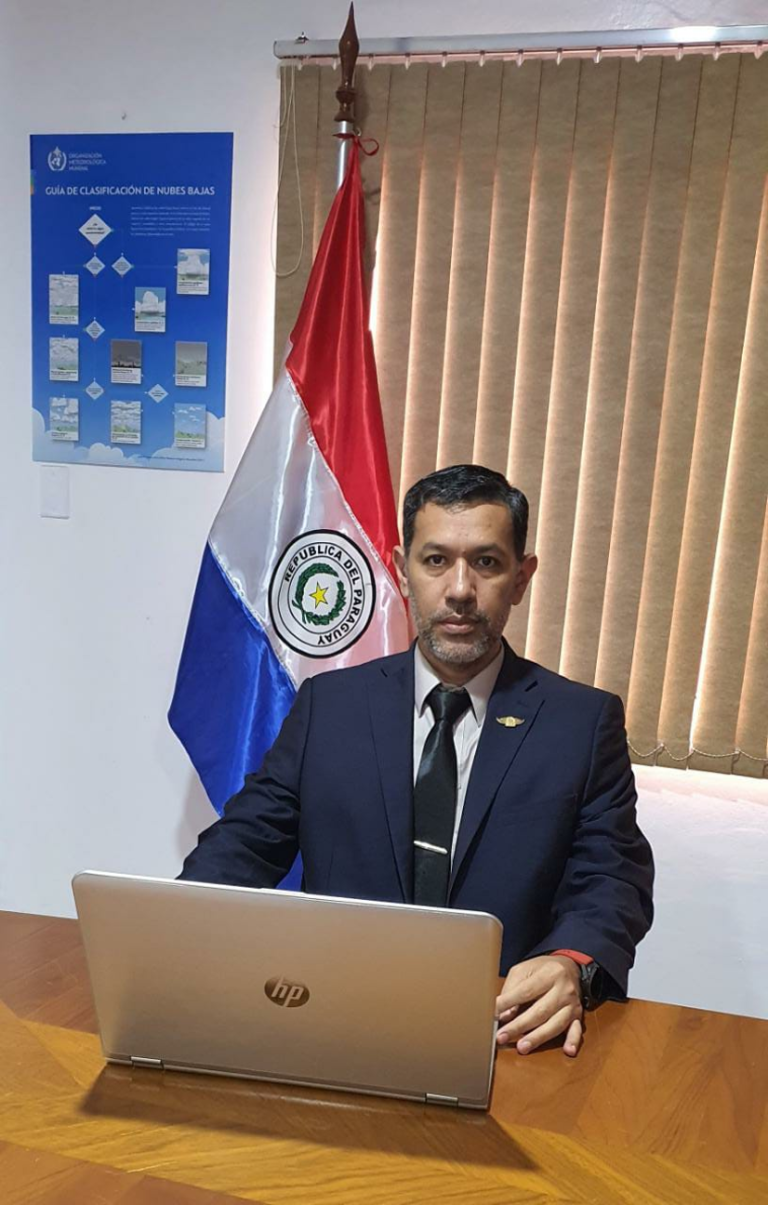
At a special side event, Members and up to 100 eminent South American meteorological and oceanographic professionals joined to discuss ocean priorities – focussing on developing a cooperation roadmap. This was timely on the eve of the UN Ocean Decade of Science for Sustainable Development (2021 to 2030) .
Prof Celeste Saulo, WMO First Vice President and Acting President of RAIII, chaired the event, which included a keynote presentation from the former Intergovernmental Oceanographic Commission (UNESCO-IOC) Executive Secretariat Dr Patricio Bernal (Chile). He set the context for future cooperation, building on the strengths of the past collaboration, including on the Investigation of El Niño in the context of the South Eastern Pacific, as well as the Global Ocean Observing System Regional Alliances in the Pacific and the Atlantic .
Key ocean priorities were identified across the 3 important aspects:
- Ocean-climate nexus
- Observations
- Services
Dr Ken Takahashi, Permanent Representative of Peru with WMO and member of the World Climate Research Programme Joint Scientific Committee, described the critical issues around the El Niño phenomena in the South Eastern Pacific region and particularly highlighted the need for more in situ observations to provide real time information for sudden onset of ocean warming. He emphasized promoting more ocean data exchange among countries and with the global community. He also stressed that managing impacts from El Niño requires multi-institutional cooperation and an increasing interaction between the scientific and the operational communities and the potential contribution of WMO facilitating these efforts.
Commander Daniel Peixoto de Carvalho, Commander, Navy Hydrographic Centre, Brazil, and METAREA V Coordinator for Brazil, also demonstrated the dire need for more observations and cooperation across the region for the delivery of better-quality maritime and coastal forecasts. These are vital for the safety of coastal populations, and support to the offshore oil and gas industry. Knowing your stakeholder and your country neighbours are both key to providing the appropriate ocean products, and to sharing information across the region.
Dean of Marine Sciences Faculty at Escuela Superior Politécnica del Litoral (ESPOL), Ecuador, Professor Pilar Cornejo emphasized the need to involve universities and young professionals in the institutional networks of oceanographic and meteorological institutions and foster cooperation between the WMO Global Campus, the OceanHub from IOC and the universities in the region. She remarked on the crucial need of marine data and information exchange in order to support the Sustainable Development Goals. The region is moving towards a blue economy which demands optimizing all available resources to maximize the benefits in the different stages of the value chain from the observation to coastal and marine services.
The Chair of the UNESCO-IOC, Commander Ariel Troisi from the Argentinian Navy, highlighted the importance of working together across the WMO Members and IOC Members States in the region, and in support of improving data exchange and capacity development. As Chair of the Decade Board, Commander Troisi also inspired the audience to consider that regional priorities can be addressed through the opportunity of the UN Ocean Decade. Proposals from Latin America would be welcome, especially before mid-January 2021 to the first round of Decade ‘Calls to Action’.
The Side Event discussions paved the way for the South American region to move forward with a clear vision and roadmap to address priority ocean actions in the upcoming Decade. Ocean side events in other Regional Associations are being developed.


